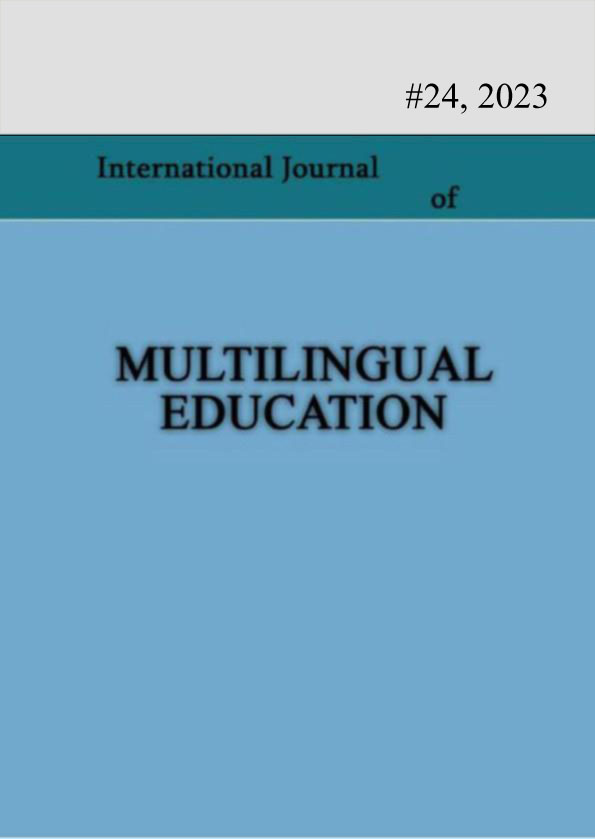Native Speakerism in the Online ELT market
საკვანძო სიტყვები:
Multilingualism, immigration, SLE, submersion, immersionანოტაცია
Native speakerism is a language ideology that assumes that the ideals of the English language and English teaching methodology come from American and British cultures. Therefore, their best representatives are native speakers of English from these two cultures. This ideology is deeply rooted in the English language teaching market, where most language school owners advertise vacancies only for native-speaker teachers. They prefer hiring unqualified native speakers of English to qualified and experienced nonnative teachers. Non-native teachers experience discrimination based on their country of origin and first language, which means they have fewer employment opportunities and work for lower hourly rates. Such discriminatory practices based on native speakerism affect non-native teachers both professionally and personally. This study suggests possible ways to restore teachers’ self-confidence and promote their qualifications and skills so that non-native teachers are not marginalized in the future.
This study also presents the results of a case study of non-native English teachers from Serbia, how they perceive native speakerism, and the negative effects experienced by these teachers. The results reveal that this ideology harms the professional and private
lives of English teachers from Serbia, which is reflected in their poor professional confidence and low self-esteem. Non-native teachers accept low-paid positions and patronizing treatment from employers to keep their jobs and financial security, thus compromising the teaching positions they deserve as qualified teachers.
ჩამოტვირთვები
გამოქვეყნებული
როგორ უნდა ციტირება
გამოცემა
სექცია
ლიცენზია

ეს ნამუშევარი ლიცენზირებულია Creative Commons Attribution-NonCommercial 4.0 საერთაშორისო ლიცენზიით .

